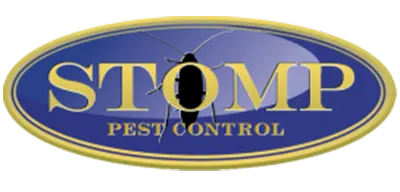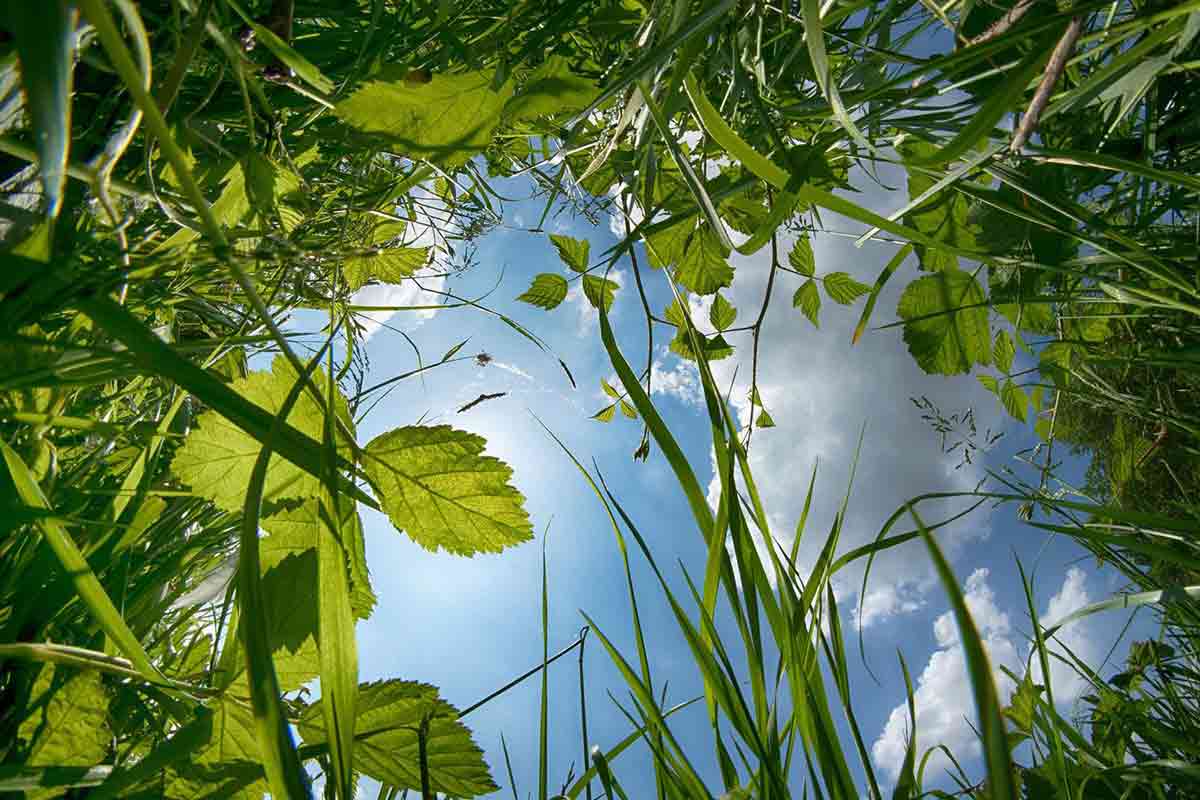I don’t think it’s any secret that mosquitoes are probably the peskiest pest known to our universe. They bite, they itch, they annoy – there are literally no good qualities about these bugs. Be sure to check out our mosquito extermination page to learn how we can develop a custom extermination plan that is best for your budget and timeline.
Eggs To Biters
Mosquito eggs are laid, either singly or in bunches, on a water surface, or in a place where they will become wet when flooding occurs.
Mosquito larvae and pupae live in water. Various species have become adapted to living in practically all kinds of water except fast-flowing streams and the open portions of large bodies of water, where there is considerable wave action.
Mosquito larvae live in water, but they must either surface for air or obtain it from the underwater portions of plants. Larvae have a well-defined head, thorax, and abdomen. Most species move about actively in the water and come to the surface frequently to breathe.
The pupa lives in water and, as the larva, is quite active. The head and thorax are greatly enlarged and closed in a sheath, and a pair of respiratory tubes project from its upper surface. Most species are lighter than water so that when they are not actively swimming, they rise to the surface, where the respiratory tubes contact the open air for breathing. The pupal stage lasts from a day to as long as a few weeks.
When ready to hatch, the pupa rises to the surface and the pupal skin breaks. The adult works its way out of the pupal skin and uses the skin for support until the body wall has hardened to the extent that the adult is capable of flight. Males usually emerge first and wait near the hatching point to mate with the females soon after they emerge.
Most female mosquitoes must have a blood meal before they can lay fertile eggs (this is where we come into the picture). The adult female is the only stage that feeds on blood. The mouthparts of the adult male are not suitable for blood-sucking; therefore, their nourishment is normally derived from nectar and plant juices.
Prevention – The Key to a Lower Population
While we provide thorough treatment for mosquitoes, there are many things that you can do to reduce the population around your property.
- Throw away or store any items that can accumulate standing water. If these items are used frequently, they should be stored upside-down.
- Clean your swimming pool regularly and keep it chlorinated. Pool covers, which can also collect water and debris, should be cleaned as well.
- Adjust sprinklers to prevent over-watering, which can create ideal conditions for mosquito breeding.
- Clean gutters frequently. Debris can clog and obstruct water flow from your roof, causing gutters to fill up with standing water.
- Inspect your roof for leaks, and keep an eye out for leaking outdoor faucets and air conditioning units. Repair any leaks to eliminate the possibility of standing water.
- Fill any tree holes or tree stumps with a sealant or mortar to prevent water accumulation.
- Stock ornamental ponds with mosquito-eating fish such as western mosquitofish, goldfish, and guppies.
- Change the water in birdbaths and wading pools at least once a week.
- Aerate ornamental ponds or pools to prevent mosquitoes from breeding in still water.
- Identify drainage ditches or swampy areas that can be filled, drained, or treated with a larvicide.
Adult mosquitoes like to rest in vegetation and other shrubs. Therefore, weeds should not be allowed to grow uncontrolled near the home; weeds in nearby lots should also be kept well-trimmed.
How to reduce your chances of being bitten
- Be aware of the peak hours for mosquito activity (at dawn and dusk) and educate your family on using extra protection during those hours.
- Wear clothing that covers your body, including long-sleeved shirts, long pants, and socks — light-colored clothing also seems to help.
- Apply a repellent that contains an EPA-registered active ingredient like DEET or picaridin; be sure to follow all label directions. For children, use repellents that have no more than 10% DEET.
- Close windows, doors, and screens to prevent mosquitoes from entering your home.
- Keep your lawn and property maintained. Mosquitoes like to rest in weeds, brush, and other overgrown areas that collect water (mentioned again for emphasis).
Our mosquito program will greatly reduce the mosquito population on your property, but the steps above will greatly enhance the effectiveness of our treatments. We will be sure the fog down all the shrubbery around your property (non-eatables, of course), and also treat any standing water that you were not able to eliminate.
Get a Free Quote on Raleigh Mosquito Extermination Services
If you want to prevent mosquito reproduction, reduce the adult mosquito population, form a protective barrier around your property, and gain greater enjoyment from your outdoor living spaces, we can help!
Also, along with that, be sure to check out our pest control frequently asked questions page to learn how we can ensure your home or commercial business is pest-free. Our blog is regularly updated with pest control-related content that is geared to educate and guide our website visitors and customers to ensure they live a safe and pest-free life. Be sure to fill out our contact form below or give us a call today at 919-231-3292 to learn more about how we can eliminate your intruding mosquitos for good!

